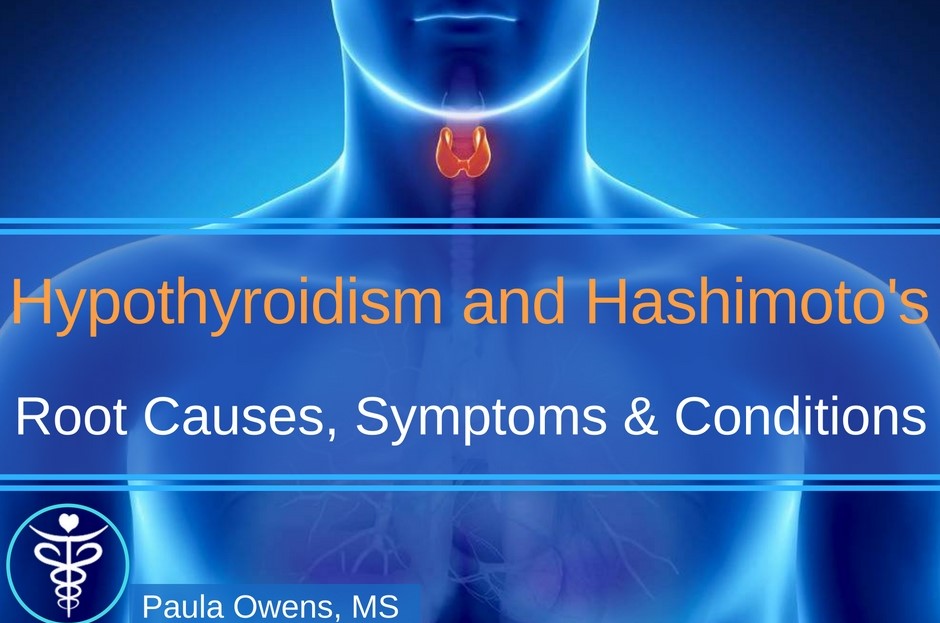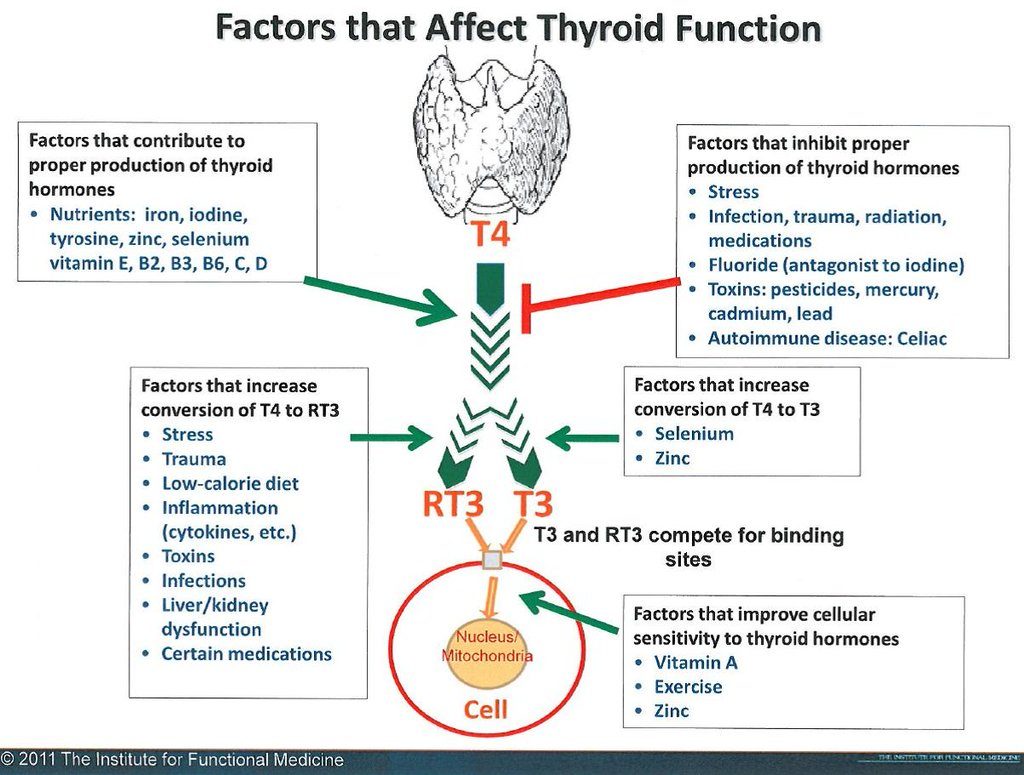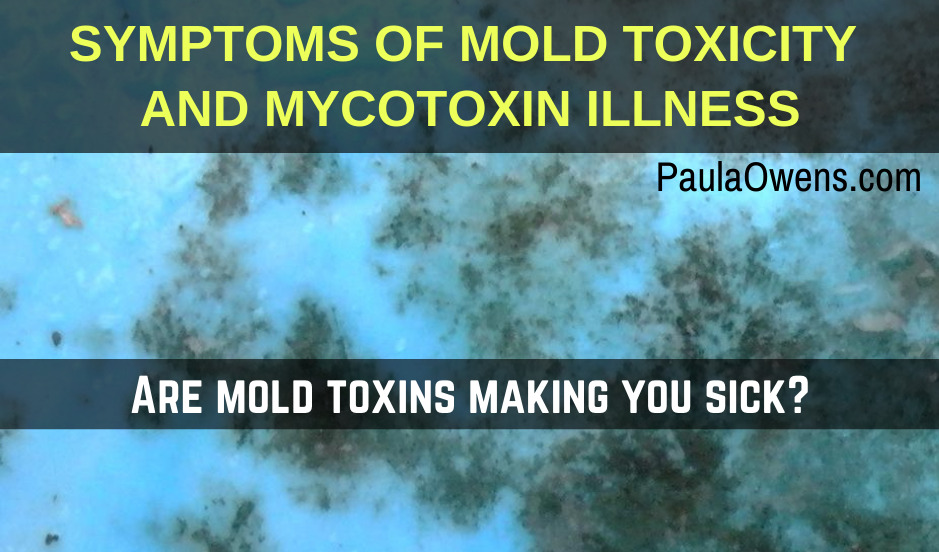 Thyroid Health: Hypothyroid and Hashimoto’s (part 2)
Thyroid Health: Hypothyroid and Hashimoto’s (part 2)Symptoms of Hypothyroid and Hashimoto’s
- Chronic digestive problems, constipation
- Loss of the out 3rd portion of the eyebrow
- Muscle aches and joint pain, carpal tunnel syndrome
- Adrenal insufficiency
- Dry hair, dry skin, hair loss
- Anxiety, depression, poor memory
- Increased cholesterol
- Fatigue, low energy, reduced initiative (especially in the middle of the day)
- Morning headaches that wear off
- Weight gain even when eating a clean diet
- Edema, especially in the face and eyelids
- Tinnitus
- Cold hands and feet; overly sensitive to cold or hot temperatures
Three or more of the above symptoms may indicate thyroid imbalances, a sluggish thyroid or Hashimoto’s.
Identify the root cause of thyroid dysfunction
To heal any thyroid imbalance including hypothyroidism, hyperthyroidism, Hashimoto’s and Grave’s disease, and restore healthy thyroid function, identifying the root cause is a must to experience true healing. You can take all the thyroid medication you like, but until you address the underlying reason why you’re experiencing thyroid dysfunction, you’re just covering up the symptoms!
Root causes to rule out with impaired thyroid function
- Adrenal insufficiency, zapped ‘n tapped adrenals, stress
- Excessive exercising without sufficient recovery
- Dieting, low calorie diets, lack of protein intake
- Nutrient deficiencies, specifically iodine, selenium, zinc, iron, essential fatty acids, magnesium
- Halogen exposure: fluoride, bromide and chlorine
- Iron overload
- Heavy metal toxicity
- Hashimoto’s or Graves disease
- Infections: Candida overgrowth, yeast, fungi, H. pylori, bacterial infections, SIBO, parasites, hidden dental infections, mycotoxins and viral infections (Epstein Barr, CMV)
- Estrogen dominance
- Food sensitivities, gluten sensitivity, alcohol use
- Digestive problems, dysbiosis, leaky gut, antacid and proton pump inhibitor drug
- Environmental toxins, flame retardants, toxic chemicals
- Liver congestion and gallbladder dysfunction. A study conducted at Tampere University Hospital in Finland found that hypothyroidism is 7x more likely in those with congested, sticky bile! If you don’t have enough bile or bile is sluggish, conversion of T4 (the inactive form of thyroid) to T3 (the active form of thyroid) is impaired.
- Menopause, pregnancy, giving birth
- Pituitary dysfunction
- The thyroid gland is particularly sensitive and susceptible to the effects of electromagnetic radiation. Increased exposure to cell phone radiation, wireless devices, EMFs, WiFi and electrosmog affect TSH and thyroid gland metabolism.
- Read more >> 25 Causes for Thyroid Problems & Thyroid Disorders
Healthy functioning adrenals must always be factored in with any thyroid imbalance.
Thyroid hormones are greatly affected by stress. Adrenaline and cortisol interfere with the body’s ability to convert T4 into T3. When T3 levels decrease, the body produces even more adrenaline and cortisol to help speed up metabolism, which further inhibits the conversion of T4 to T3.
It is estimated that 20 million Americans have some form of thyroid dysfunction, and 90% of them are women. The bigger problem is that nearly 60% are completely unaware of their condition—let alone how to heal thyroid dysfunction naturally!
Thyroid dysfunction is very common in post-menopausal women and pregnant women. Sugar intolerance, menopause and depression all have similar symptoms to those with thyroid disorders. Those with hypothyroid often experience elevated LDL cholesterol and triglycerides caused by failure of the anterior pituitary to drive the thyroid.

Conventional thyroid treatment vs natural therapies. The majority of medical doctors typically treat thyroid conditions with Synthroid (Levoxyl) and Levothroid (synthetic versions of T4). It’s the 4th more prescribed drug in the U.S. Synthroid can be ineffective for many individuals because it only contains T4, plus it contains lactose and cornstarch. Some may experience side effects from synthroid such as headaches, irritability, insomnia, rapid contractions of the heart, diarrhea and bone loss. Some physicians may prescribe liothyronine (Cytomel) T3, which may contain gluten. What works for one individual may not necessarily be ideal for another.
Natural thyroid (Armour, Nature-throid and WP thyroid) are very popular among functional and integrative practitioners. Nature-throid is a formula that contain a combination of T4, T3 and T2 made from natural desiccated or dried thyroid gland from porcine. it contains no dyes, no food coloring, but does have a very small amount of lactose. Armour contains cornstarch, cellulose and dextrose. Westhroid (WP Thyroid) is a hypoallergenic combination thyroxine (T4) and triiodothyronine (T3) hormone. It’s formulated using two natural inactive ingredients and does not contain any artificial colors or flavors, corn, peanut, rice, gluten, soy, yeast, egg or fish/shellfish.
Natural thyroid is often the preferred support for the thyroid in other countries, especially Western Europe. A study years ago clearly demonstrated that patients with hypothyroidism showed greater improvements in mood and brain function when they received treatment with natural porcine thyroid vs Synthroid.
Thyroid Health and Hypothyroid (part 1)
Thyroid Health and Hypothyroid (part 3)
Related Articles
- Success Story! How I Healed my Thyroid and Fixed my Digestion
- Video: Do You Have Any of These Symptoms?
- Success Story: How I Reversed Hashimoto’s Naturally
- Autoimmune Disease: Root Causes and Triggers
- 25 Causes for Thyroid Problems & Thyroid Disorders


